Bentonite Clay For Skin: Benefits, Uses, Precautions, And More
Utilize this natural ingredient's goodness by including it in your skincare routine.
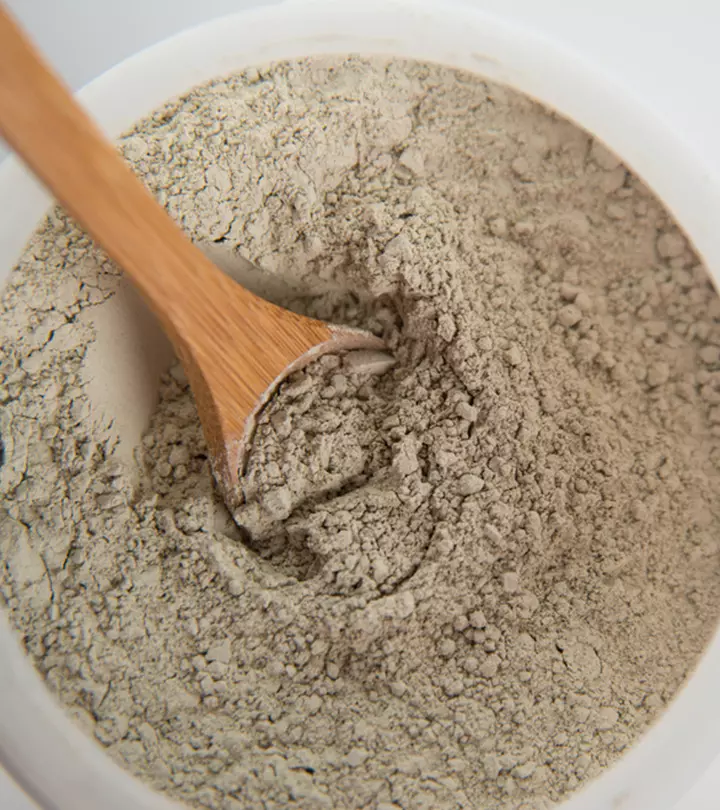
Image: ShutterStock
You have probably heard about the popularity of bentonite clay for skin care. Well, this natural substance offers medical benefits as well. So, how can you get the most out of this organic clay? For decades, this ancient remedy has been utilized to help the body detox. In addition, because of its antibacterial and exfoliating characteristics, it is a major ingredient in skin care, particularly face masks! Does it, however, live up to the expectations? Find out what bentonite clay is and how efficiently it treats sunburn, inflammation, acne, and other skin problems right here. We also go over how to use it and the risks of applying bentonite clay on the skin. Keep reading!
In This Article
What Is Bentonite Clay? How Does It Work?
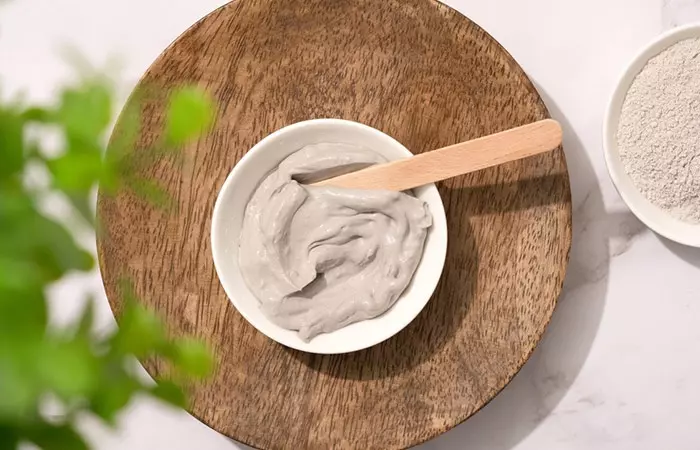
Bentonite clay is a natural clay that is named after the place where its largest sources are found Fort Benton, Wyoming (1). This soft and fine powder is made of volcanic ashes and is rich in minerals. Chemically, it is absorbent aluminum phyllosilicate clay (1). It carries a negative charge that makes it highly adsorbent in nature. Since it can bind to substances such as toxins and dirt with great affinity, it helps in the process of detoxification. Thus, it was popularly used as an oral treatment for maladies like poisoning, diarrhea, and gastrointestinal problems.
Topically, bentonite clay was traditionally used to heal skin infections, acne, and dermatitis. These clay masks contain minerals such as potassium, calcium, magnesium, and silicate that are believed to improve skin health (1).
 Trivia
TriviaKeep reading to find out all about the benefits of using bentonite clay on your skin.
Key Takeaways
- Bentonite clay may reduce signs of aging like wrinkles and fine lines.
- It may help in cell regeneration and skin tightening.
- Bentonite clay masks lighten acne scars, marks, and other skin discolorations when used frequently.
- When mixed with essential oils, it may remove blackheads, manage acne, and give radiant skin.
- FDA has advised using this clay in moderation as excess amounts of lead were found in some clay brands.
Is Bentonite Clay Good For Your Skin?
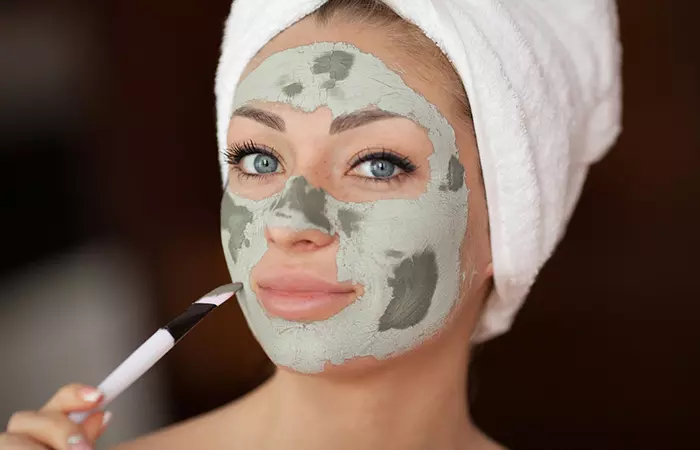
Yes, bentonite clay is good for your skin. There is enough scientific evidence to justify its use as a detoxifying and antibacterial agent. Such healing clays are used in pelotherapy (mud therapy) in the form of mud masks for treating skin diseases, adsorption of toxins, improving blood circulation, and regulating body heat (2).
These clays gently exfoliate the skin by binding to dirt, excess oil, and other impurities on the skin. It is speculated that they can unclog pores, remove blackheads, and control sebum. A pilot study has shown that clay masks with jojoba oil can help in managing acne (3).
The minerals in bentonite clay delay premature aging by absorbing the free radicalsi Unstable atoms that can harm cells, leading to signs of aging and severe medical issues like cancer. formed in the skin due to exposure to the harmful UV rays. Sunscreens with bentonite minerals are reported to offer partial protection from the sun (4).
Bentonite clay has been used in moisturizing creams and diaper creams to treat dermatitis (5), (6). It is also used to heal skin lesions, eczemai A condition that causes itchy, inflamed, cracked, and rough skin and may flare up occasionally. , psoriasis, and ulcers due to its soothing and hydrating properties.
A 7-day study conducted on rats reported that the application of bentonite clay every day can help in skin tissue regeneration and stimulation of collagen (7). Thus, it may help in skin cell regeneration and skin tightening to make your skin look more youthful.
Anecdotal evidence suggests that the silica in bentonite clay helps in making your skin soft and radiant. It is believed that silica binds to oxygen and helps the skin absorb nutrients more efficiently. Currently, there are no scientific studies to support this theory, but people who have used bentonite clay masks claim that it made their skin brighter and healthier. Regular use of such masks is also said to lighten skin discoloration caused by acne marks, scars, and blemishes.
Morayma, a model turned writer, tried bentonite clay for her skin and shared the experience in her blog. She writes, “When used on the skin, it helps to detoxify the offending area and draws out impurities, which helps speed up the healing process. Bentonite clay works so well that it can be used to draw out splinters too (i)!”
 Fun Fact
Fun FactNow that you know all the benefits of bentonite clay for your skin, find out how to use it in the next section.
How To Use Bentonite Clay For Skin
1. Bentonite Clay Face Mask For Radiant Skin
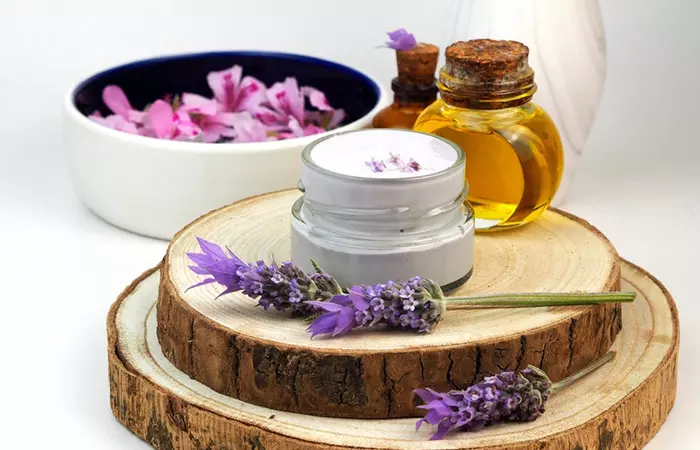
You Will Need
- 1 tablespoon of bentonite clay
- 2-3 drops of essential oil of your choice
- 5 ml distilled water
Process
- Mix all the ingredients to form a thick paste.
- Wash your face and apply this mixture.
- Let it dry for 10-15 minutes.
- Rinse it off with warm water.
- Pat your face dry and apply a moisturizer.
2. Bentonite Clay Face Mask To Remove Blackheads
You Will Need
- 1 tablespoon of bentonite clay
- Jojoba oil
Process
- Mix enough jojoba oil with bentonite clay to form a thick paste.
- Apply this mixture on and around the nose (where blackheads are prevalent).
- Let it dry for 10-15 minutes.
- Rinse off with warm water to remove all the gunk in the clogged pores.
3. Bentonite Clay To Detox Armpits
You Will Need
- 2 tablespoon of bentonite clay
- 2 tablespoons of apple cider vinegar
Process
- Mix apple cider vinegar with bentonite clay to form a thick paste.
- Apply this mask to your armpits.
- Leave it on for 10 to 15 minutes.
- Wash it off with warm water.
4. Bentonite Clay Face Mask For Managing Acne
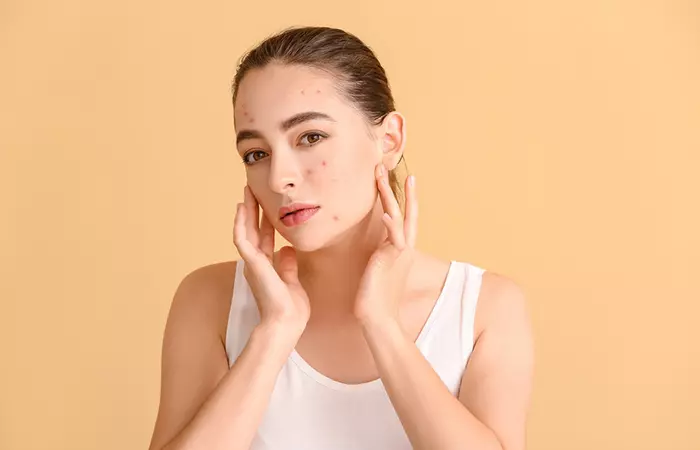
You Will Need
- 1 tablespoon of bentonite clay
- 2-3 drops of tea tree oil
- 5 ml distilled water
Process
- Mix the water, tea tree oil, and bentonite clay to form a paste.
- Apply this mask to your face, focusing on your acne and T-zone.
- Leave it on for at least 20 minutes.
Wipe your face with a damp cloth to remove the mask. Rinse off the rest with lukewarm water.
- You can apply this mask twice or thrice a week.
5. Bentonite Clay Foot Soak Or Bath
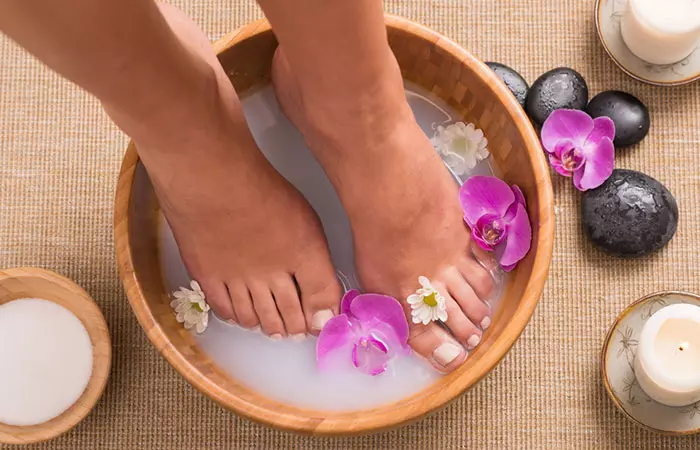
You Will Need
- 1/4 cup of bentonite clay
- 1 cup of Epsom salt
- Few drops of your favorite essential oil (optional)
Process
- Add the bentonite clay and Epsom salt to your foot soak or bath.
- Mix them throughly.
- Soak your feet in the foot bath for 20-30 minutes.
- Wash them off with warm water.
6. Bentonite Clay Soap For Clean And Refreshed Skin
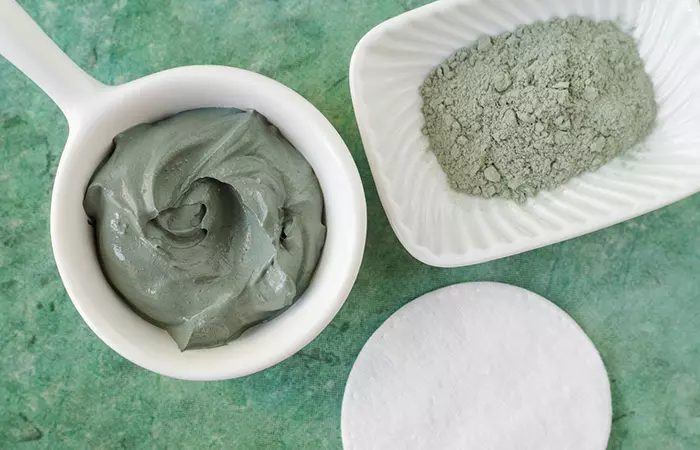
You Will Need
- 2 tablespoons of bentonite clay
- 1 bar (about 4-6 oz) of soap base (either melt-and-pour or cold process) –
- Soap molds
- A few drops of essential oils (optional)
Process
- Start by cutting or grating the soap base into small, manageable pieces.
- Using a double boiler or a microwave, melt the soap base. If you are using a microwave, heat it up in 30-second increments, stirring during each interval until fully melted.
- Once the soap base has completely melted, add the bentonite clay and essential oils. Mix thoroughly until the clay is evenly distributed.
- Pour the mixture into the soap molds. You can use silicone molds in various shapes and sizes.
- Allow the soap to cool and harden. This may take a few hours or more, depending on the size of your molds and the soap base used.
- Once the soap has completely solidified, carefully remove it from the molds.
Although bentonite clay offers a ton of skin benefits, you should still be careful when using it. Find out more in the next section!
Are There Side Effects Of Using Bentonite Clay For Skin?
Although there have been no reported cases of side effects from using bentonite clay on the skin, the FDA has warned against the use of it both orally and topically as its components are not regulated. Elevated levels of lead have been found in certain popular bentonite clay brands (8). Generally, the amount of bentonite clay you use in a face mask does not pose a risk. But keep in mind that chronic exposure to this heavy metal can lead to lead poisoning, which can cause impairment to your kidneys, central nervous system, and immune system.
If you experience any irritation, swelling, or burning sensation upon applying bentonite clay, remove it immediately and consult a doctor.
Infographic: All You Need To Know About Using Bentonite Clay For Skin Care
Add bentonite clay to your skin care routine for its exfoliating and antibacterial properties. It helps treat skin issues, eliminates toxins, and regulates blood circulation and body heat. Though it offers several benefits, it has some side effects as well. Check out the infographic below to learn more about this clay. Illustration: StyleCraze Design Team
Bentonite clay has been used as a popular remedy for years to treat a wide range of skin issues. Studies suggest its antibacterial and detoxification properties draw out the dirt and excess sebum, reduce acne, and slow down aging. It is a great ingredient for cleansing pores and can be added to your beauty routine. Bentonite clay also has hydrating properties that moisturize your skin and treat skin diseases like eczema, psoriasisi A chronic skin disorder that causes itchy, scaly patches on the skin, especially on the knees, elbows, and scalp , and ulcers. It can also help in exfoliation and soothing rejuvenation of the skin. However, you must exercise caution when using bentonite clay as overexposure to the lead in the clay may lead to lead poisoning. Consult your doctor if you develop rashes, redness, or swelling. You can use bentonite clay for your skin as a face mask in your daily skincare routine to give you smooth and glowing skin.
Frequently Asked Questions
How frequently should I apply bentonite clay to my skin?
If you have oily or acne-prone skin, then you may apply it 2 to 3 times weekly. But if you have dry or sensitive skin, stick to only using it once a week and do a patch test before topical application.
Can I leave bentonite clay on the face overnight?
It is best not to leave a clay mask on your face overnight as it may strip off the skin’s moisture and cause severe dryness.
What skin type is bentonite clay good for?
Bentonite clay is suitable for normal to oily skin types. But you may also use it on dry skin after mixing it with skin care oils for adequate hydration.
Can I use bentonite clay on my armpits?
Yes, you may use bentonite clay on your armpits. However, there are chances of irritation as the armpits have sensitive skin. Wipe it off if you experience any discomfort.
How long does bentonite clay take to work?
It may take 2 to 3 months of consistent use to see the desired results.
Can I put bentonite clay in a bath?
Yes, you may mix 3 to 4 cups of bentonite clay in warm water to prepare a bath. Mix them well and soak in the bath for at least 20 minutes for a good detox.
Illustration: Bentonite Clay For Skin: Benefits How It Works And Uses
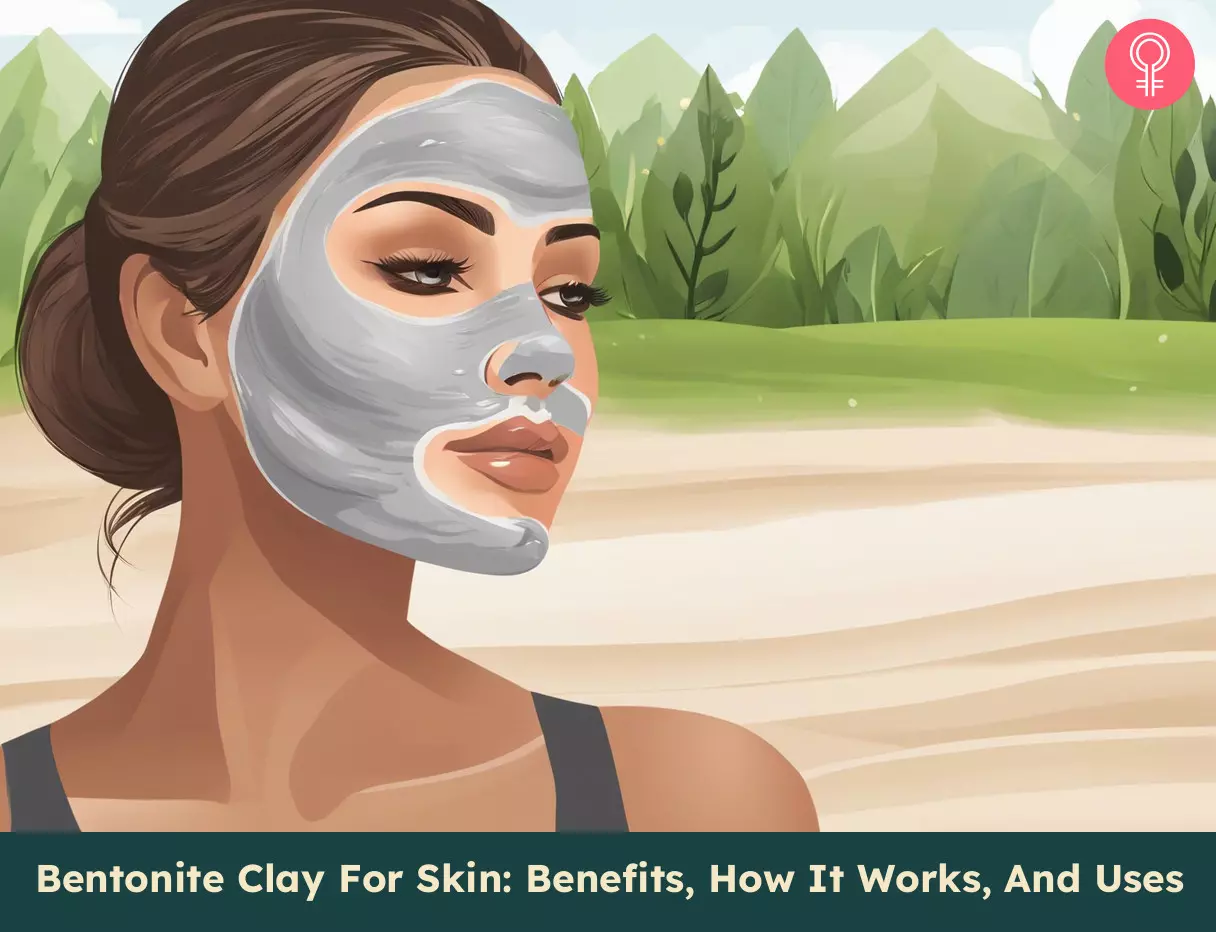
Image: Stable Diffusion/StyleCraze Design Team
Discover the amazing benefits of bentonite clay! Watch this video to learn how this natural clay can help improve your skin health and overall well-being.
Personal Experience: Source
StyleCraze's articles are interwoven with authentic personal narratives that provide depth and resonance to our content. Below are the sources of the personal accounts referenced in this article.
i. The Benefits of Using Bentonite Clay;https://medium.com/@moraymamakay/bentonite-clay-does-what-428ec5c1fb79
References
Articles on StyleCraze are backed by verified information from peer-reviewed and academic research papers, reputed organizations, research institutions, and medical associations to ensure accuracy and relevance. Read our editorial policy to learn more.
- Bentonite Clay as a Natural Remedy: A Brief Review
https://www.ncbi.nlm.nih.gov/pmc/articles/PMC5632318/ - Bentonite, Bandaids, and Borborygmi
https://www.ncbi.nlm.nih.gov/pmc/articles/PMC2895274/ - Clay Jojoba Oil Facial Mask for Lesioned Skin and Mild Acne Results of a Prospective, Observational Pilot Study
https://karger.com/fok/article-abstract/19/2/75/356423/Clay-Jojoba-Oil-Facial-Mask-for-Lesioned-Skin-and?redirectedFrom=fulltext - Production of a Novel Mineral-based Sun Lotion for Protecting the Skin from Biohazards of Electromagnetic Radiation in the UV Region
https://www.ncbi.nlm.nih.gov/pmc/articles/PMC4258857/ - A skin moisturizing cream containing Quaternium-18-Bentonite effectively improves chronic hand dermatitis
https://pubmed.ncbi.nlm.nih.gov/11685665/ - Comparing the effects of Bentonite & Calendula on the improvement of infantile diaper dermatitis: A randomized controlled trial
https://pubmed.ncbi.nlm.nih.gov/26831423/ - Effect of topical clay application on the synthesis of collagen in the skin: an experimental study
https://pubmed.ncbi.nlm.nih.gov/22340693// - FDA Warns Consumers Not to Use Best Bentonite Clay
https://www.fda.gov/drugs/drug-safety-and-availability/fda-warns-consumers-not-use-best-bentonite-clay
Read full bio of Dr. Zeel Gandhi
Read full bio of Annie Jangam
Read full bio of Ramona Sinha
Read full bio of Monomita Chakraborty






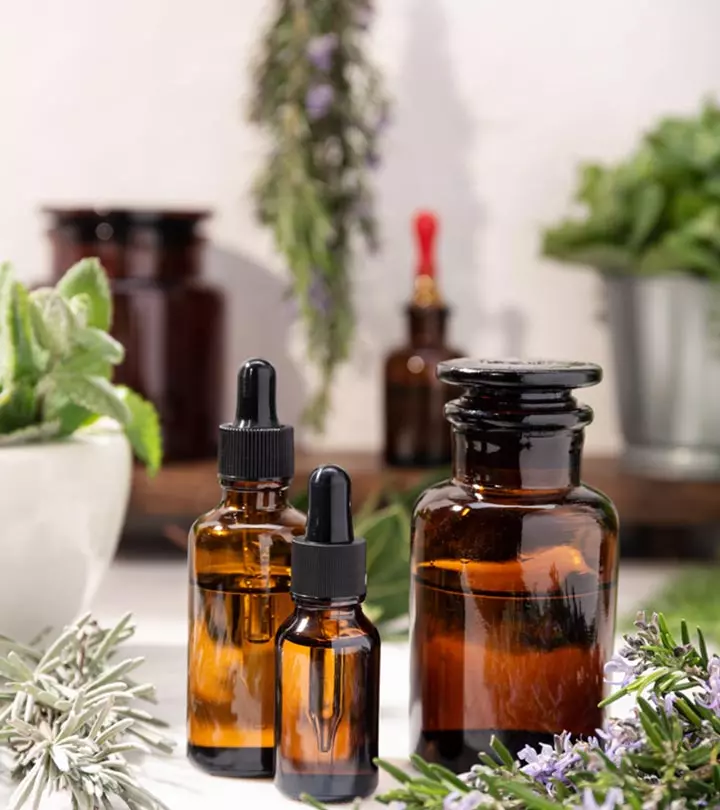
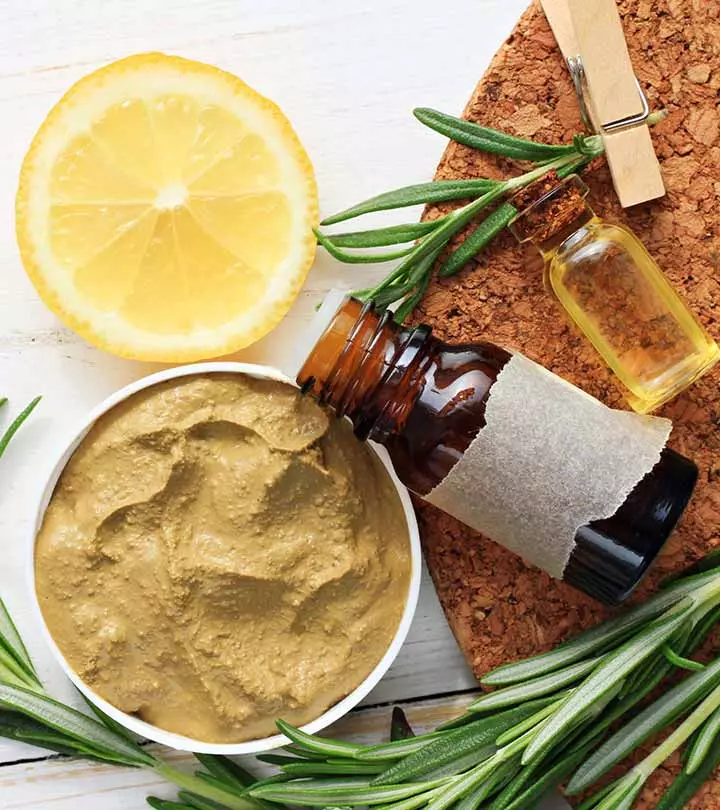
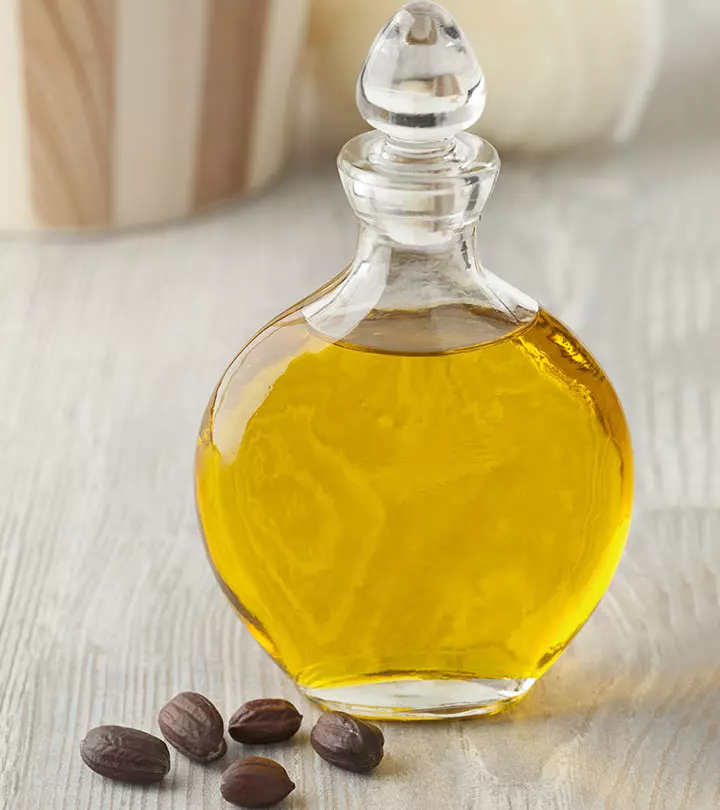
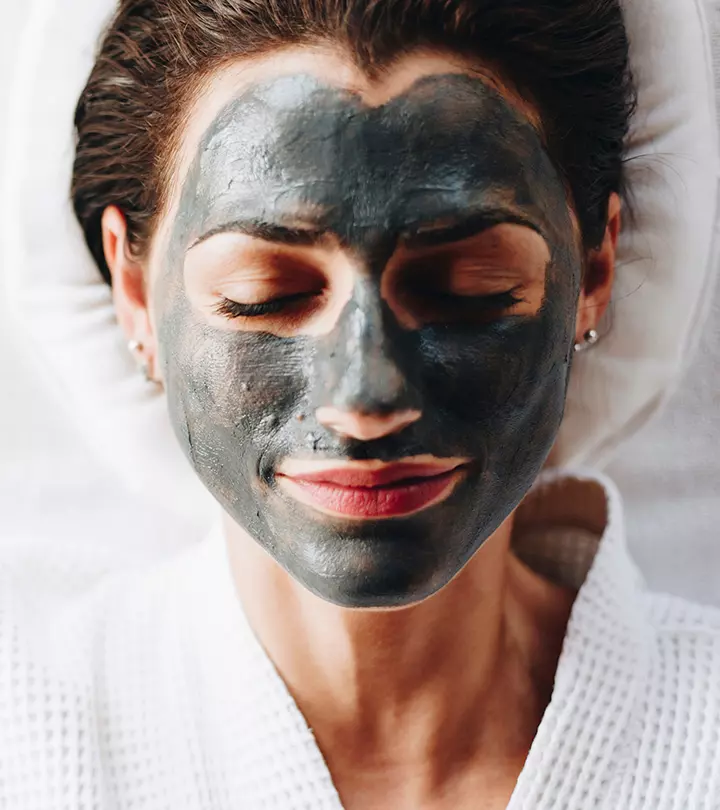
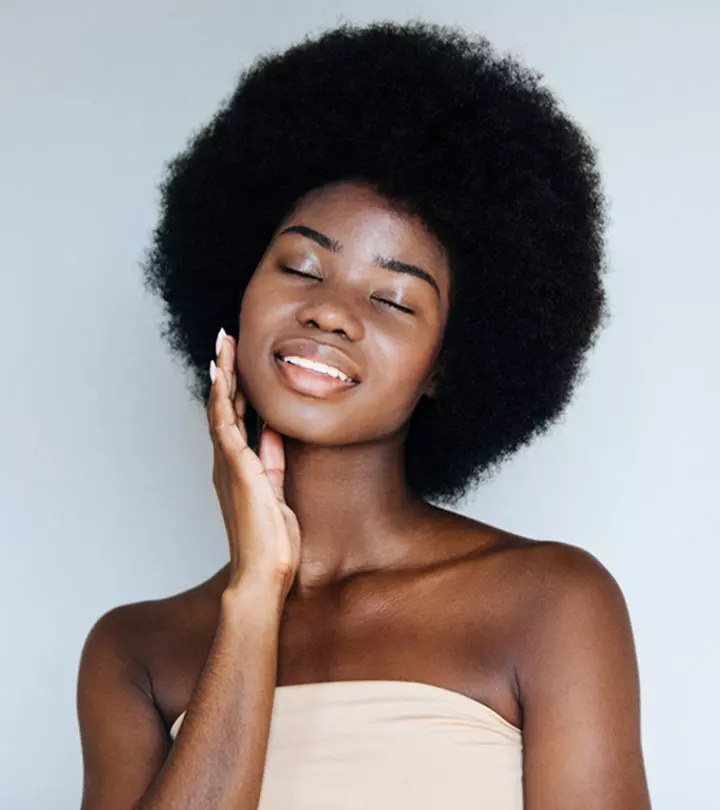
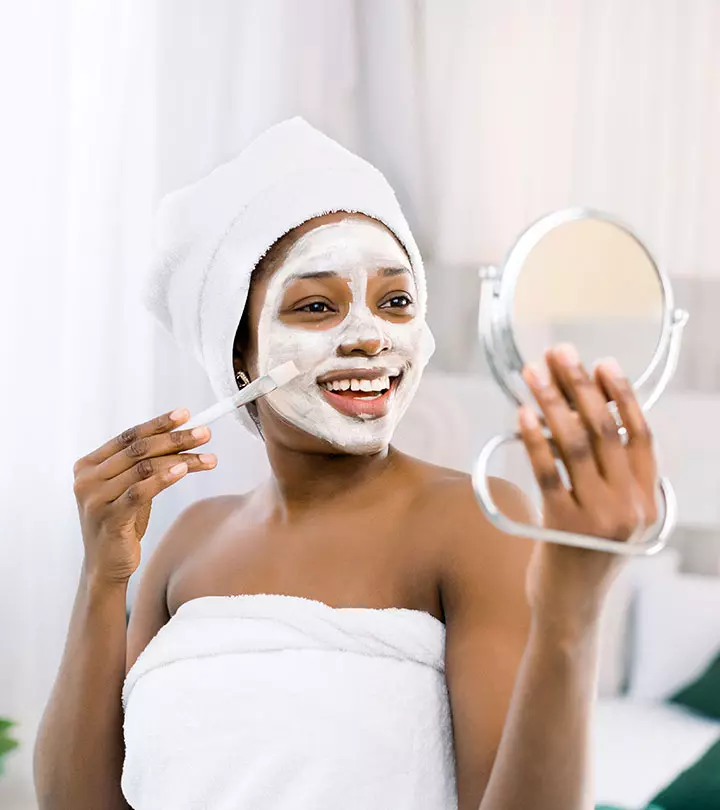
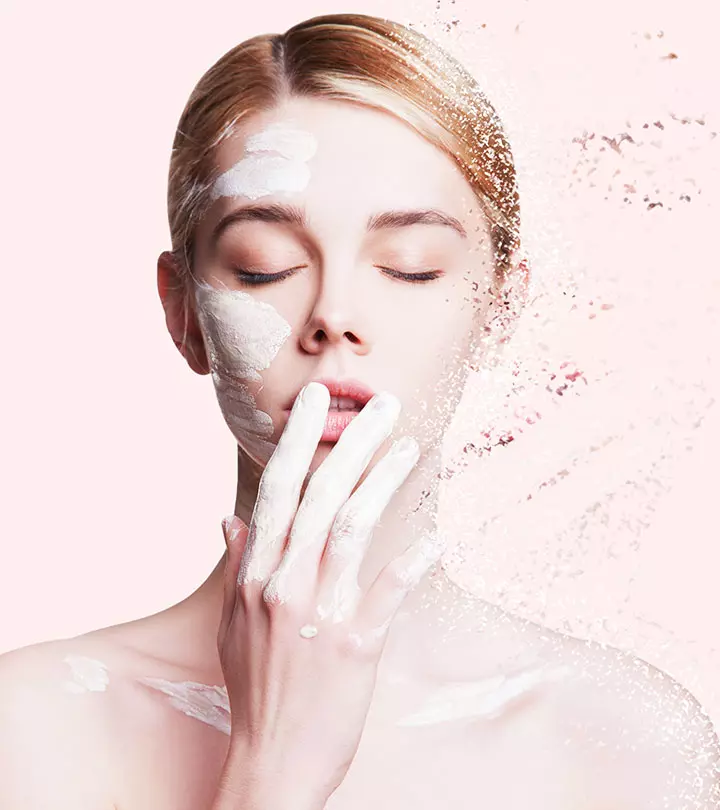
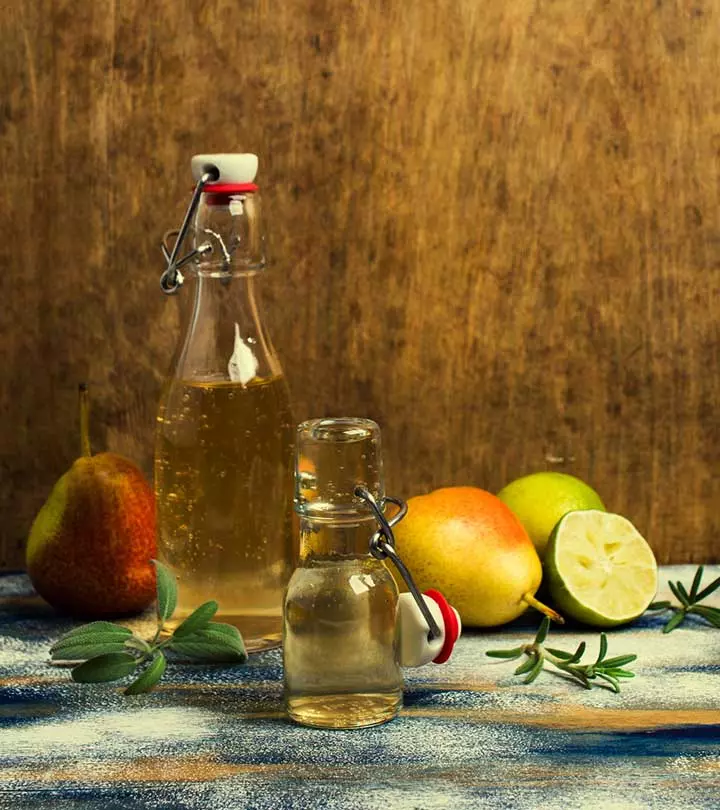
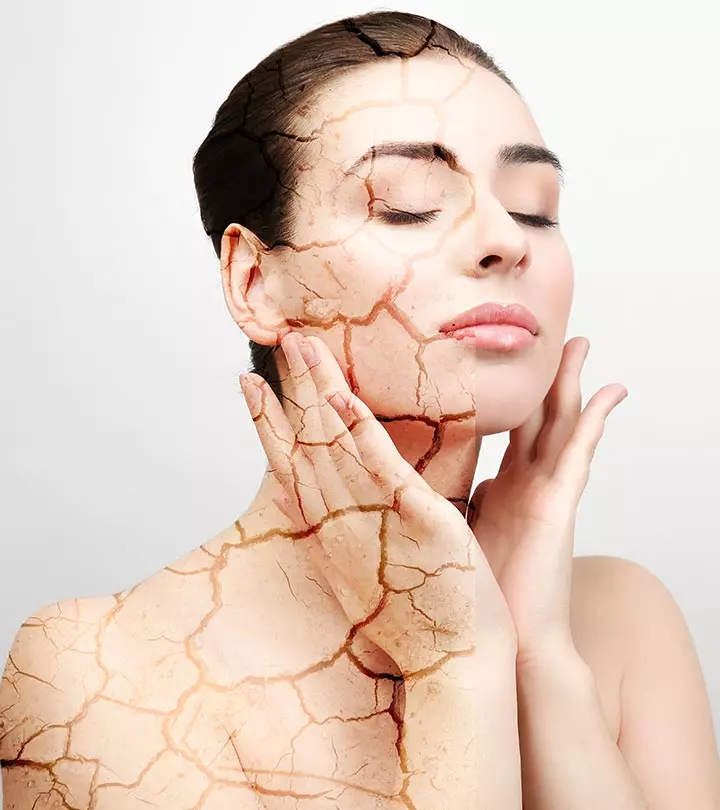
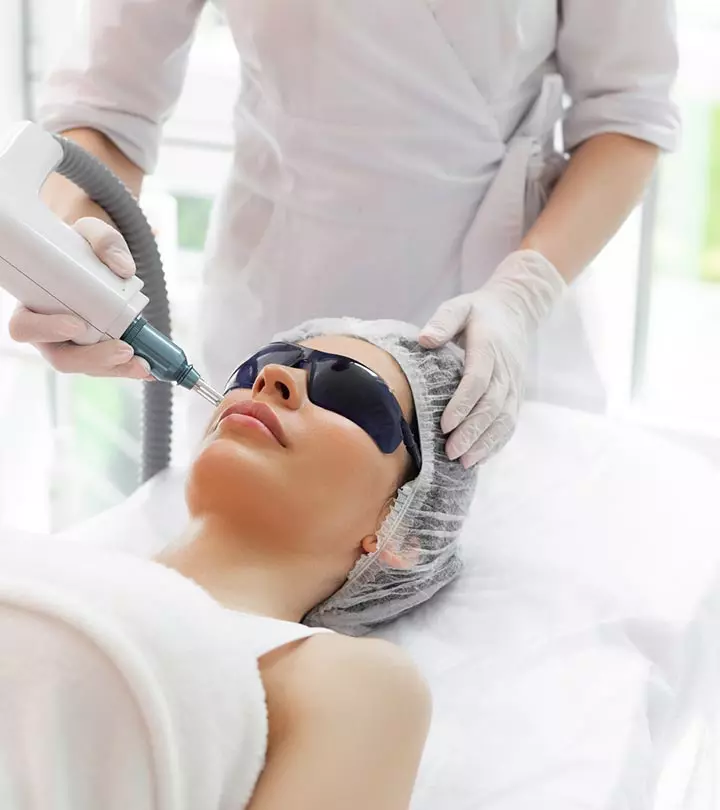

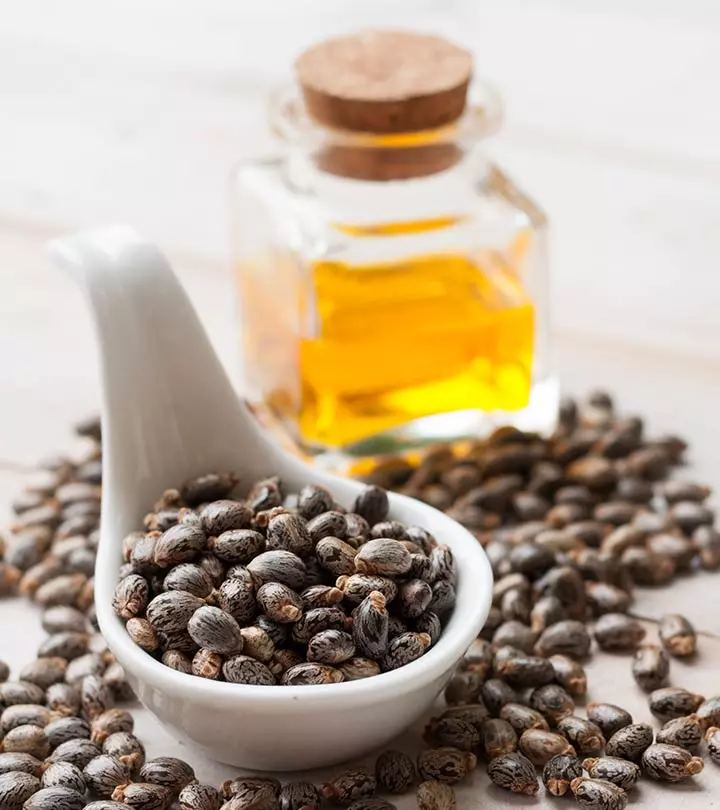
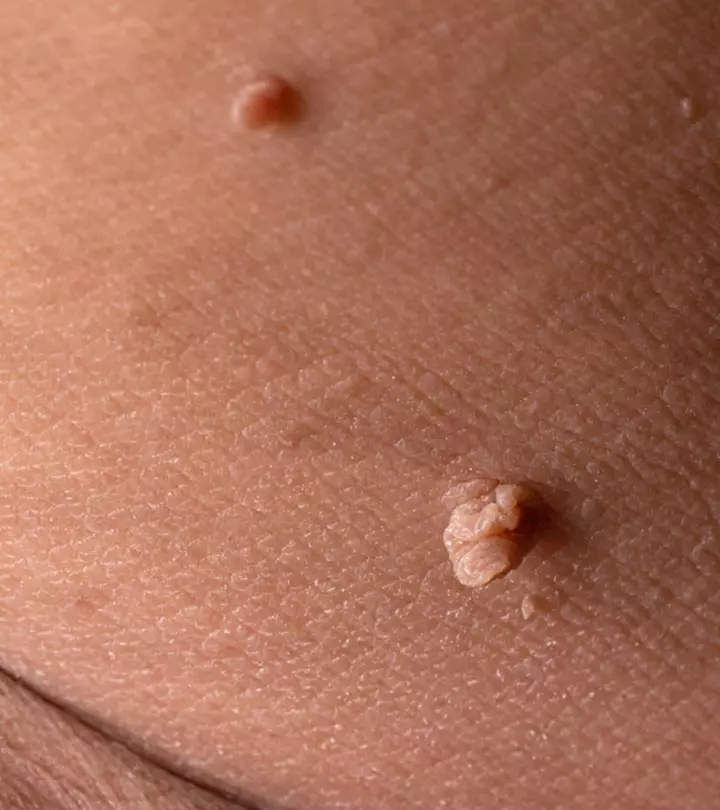
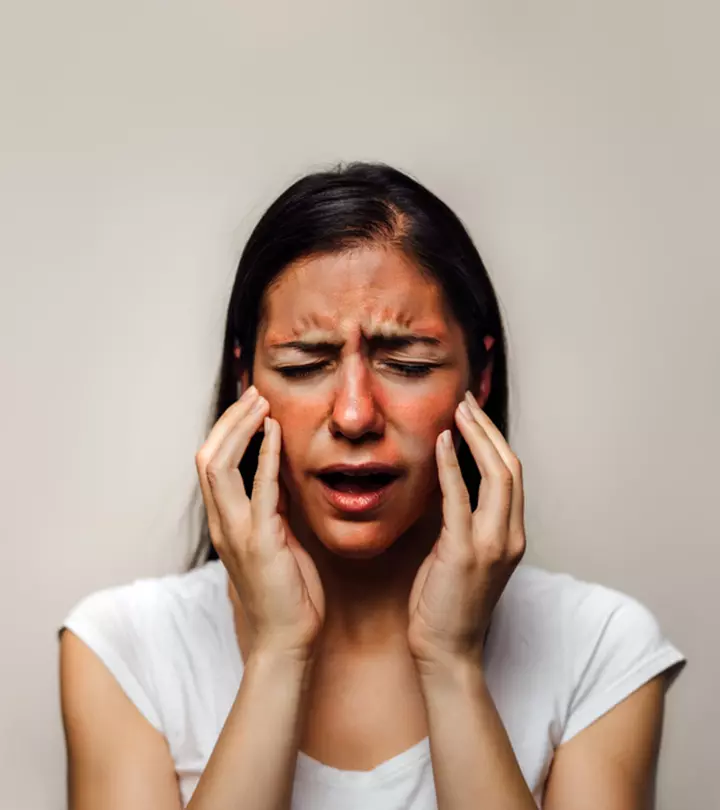
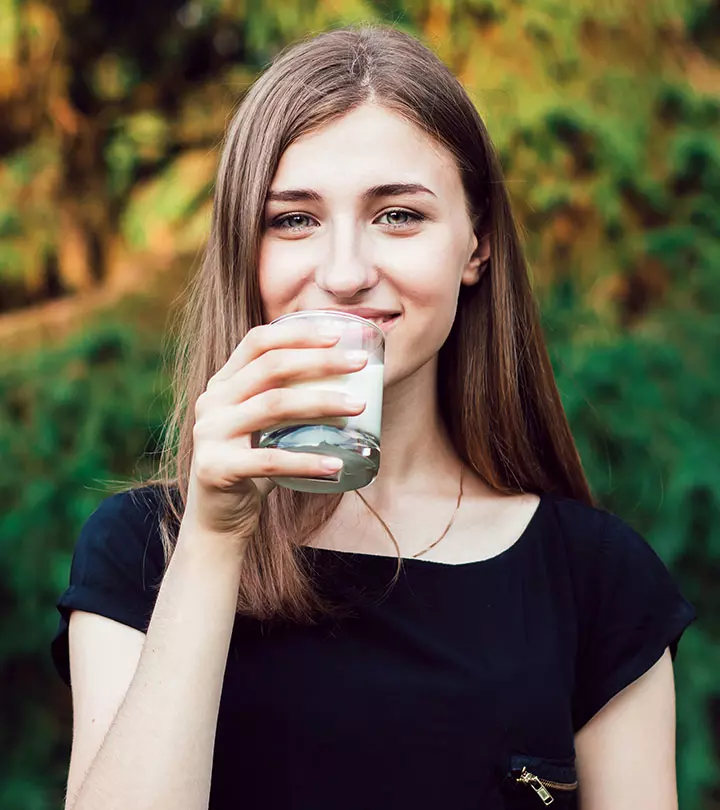
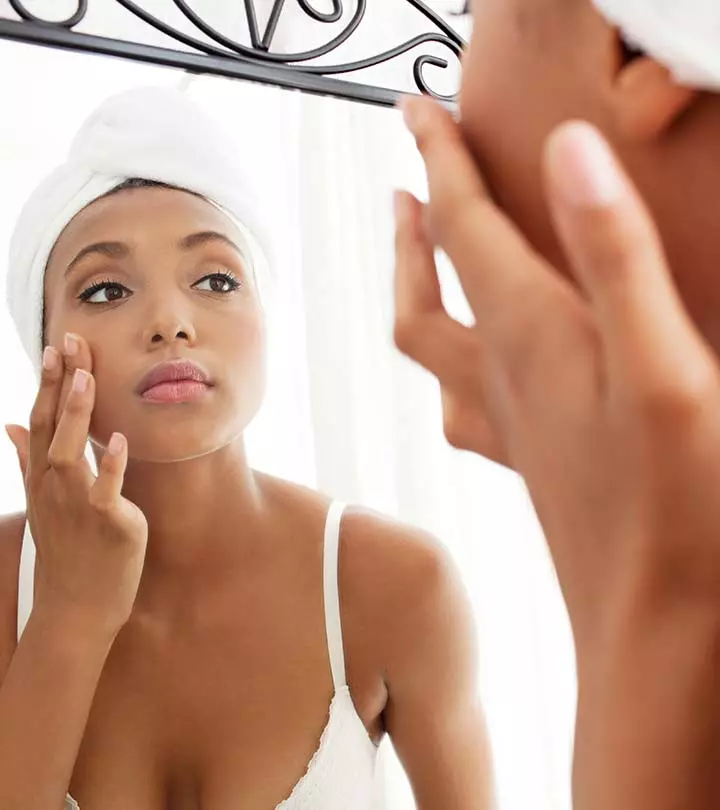


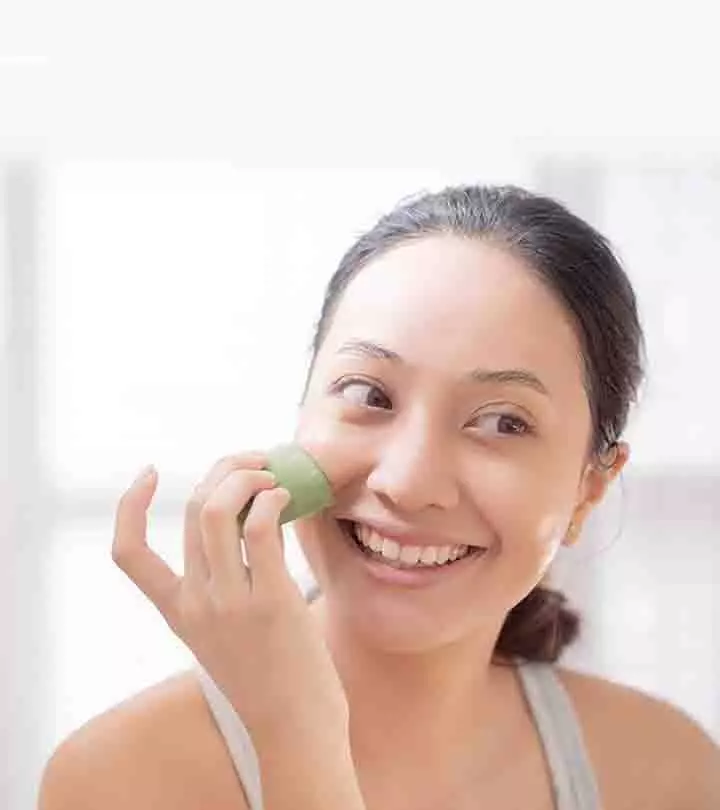
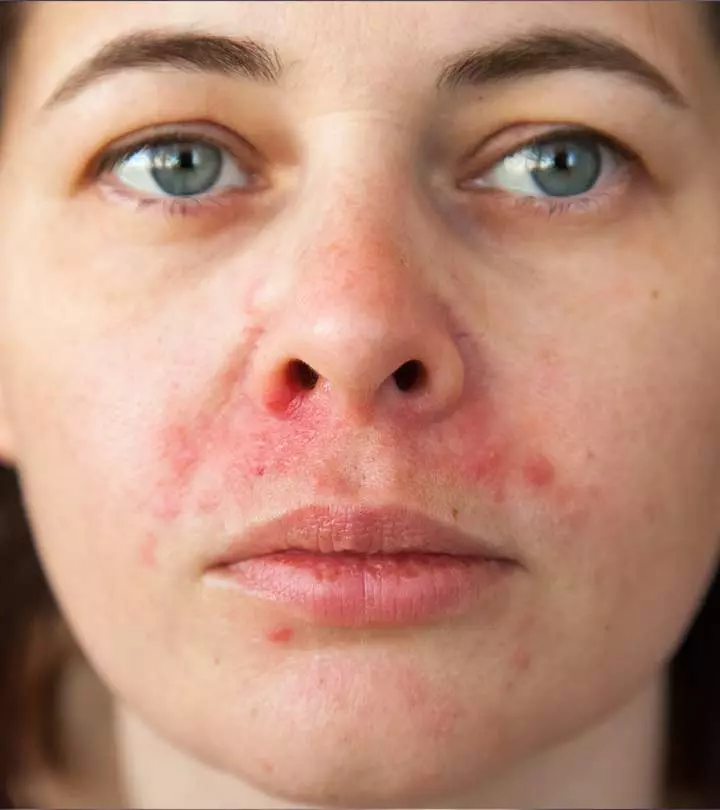
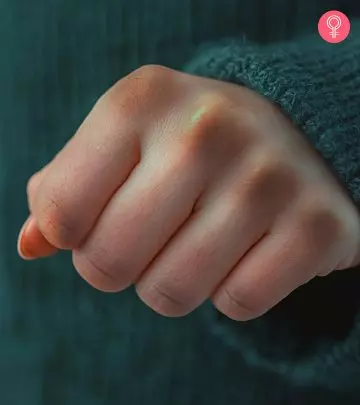
Community Experiences
Join the conversation and become a part of our empowering community! Share your stories, experiences, and insights to connect with other beauty, lifestyle, and health enthusiasts.